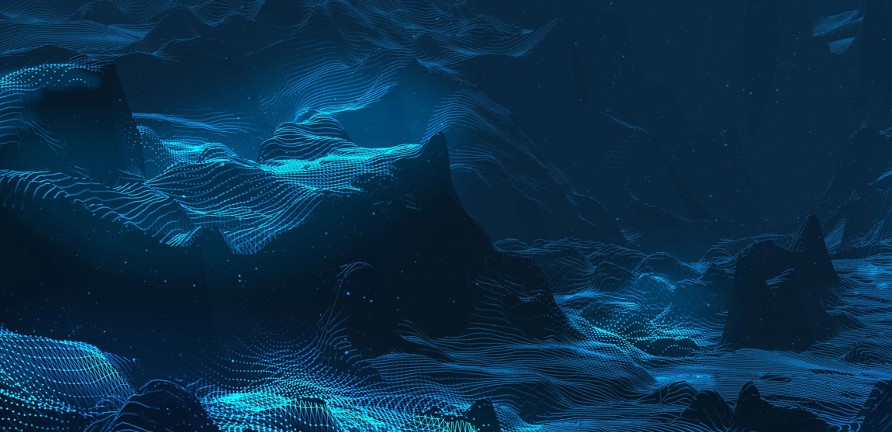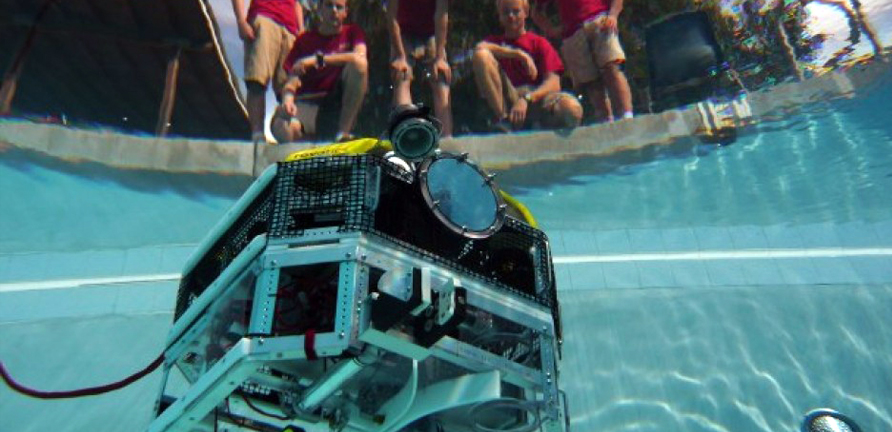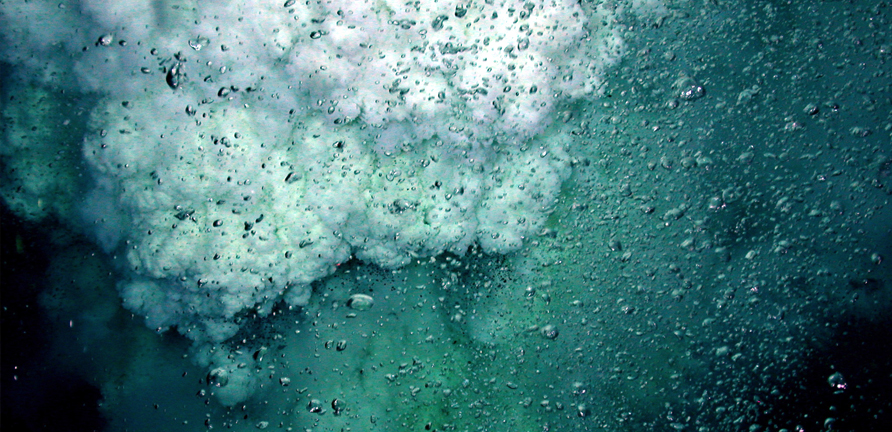
Help develop autonomous vehicles to explore the ocean floor. The Shell Ocean Discovery XPRIZE is a $7 million global competition to advance deep-sea technologies for autonomous, fast, and high-resolution ocean exploration. Teams will have a limited period of time to explore an area of the ocean, producing a map of the sea floor and images of biological, archaeological, and geological features of the ocean environment. Teams must be registered by June 30th, 2016.
To learn more and participate, visit: https://oceandiscovery.xprize.org/
To stay up-to-date on this project:
• follow twitter.com/xprize

photo by Jesuit Robotics
An international competition for elementary through college level students to design and build underwater remotely-operated vehicles (ROVs) to tackle missions modeled after scenarios from the ocean workplace. This year’s competition theme highlights the role that ROVs play in exploring and documenting shipwrecks, studying sinkholes, and conserving national maritime heritage sites. Regardless of the theme, the competition consists of underwater mission tasks, technical reports, engineering presentations and poster displays.
The 13th annual MATE international competition will take place June 26-28, 2014 at the Thunder Bay National Marine Sanctuary in Alpena, MI, USA. The competition connects students and educators with employers and working professionals. Working professionals have the opportunity to act as team mentors, students can explore potential careers, and employers are able to evaluate students as potential employees.
Project owners + coordinators:
Jill Zande, competition coordinator
To learn more and participate March 1, 2014, visit: marinetech.org/rov-competition
To stay up-to-date on this project:
• follow twitter.com/matecenter
2013 International MATE ROV Competition from MATE Center on Vimeo.
]]>
NOAA
A $2 million global competition to improve our understanding of ocean acidification. The Wendy Schmidt Ocean Health XPRIZE challenges people to create pH sensors that will affordably, accurately and efficiently measure ocean chemistry at any depth. New sensors are urgently needed for scientists to study and monitor ocean acidification and its impact on marine ecosystems. Data from these new sensors is needed in order to take action on preserving the ocean.
Rising levels of atmospheric carbon are resulting in higher levels of acidity. The potential biological, ecological, biogeochemical and societal implications are staggering. The absorption of human CO2 emissions is already having a profound impact on ocean chemistry, impacting the health of shellfish, fisheries, coral reefs, other ecosystems and our very survival. The competition will award a $2 million in prizes to teams for their performance in accuracy and affordability.
Project owners + coordinators:
Paul Bunje, Senior Director of Ocean Health X PRIZE
To learn more and participate by June 30, 2014, visit: https://oceanhealth.xprize.org
To stay up-to-date on this project:
• read oceanhealth.xprize.org/blog